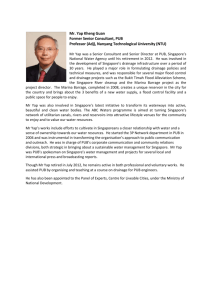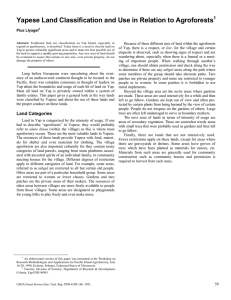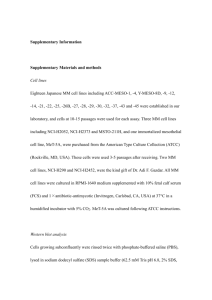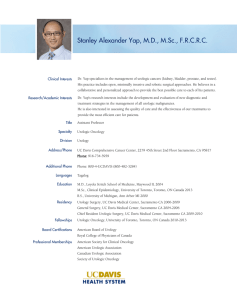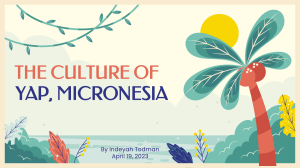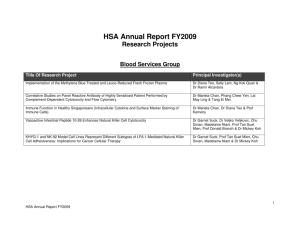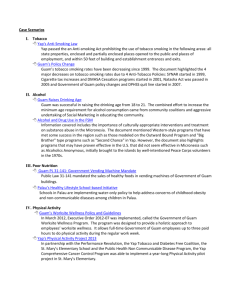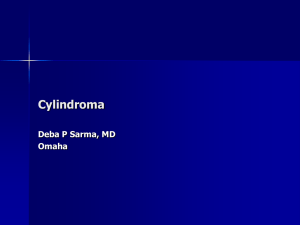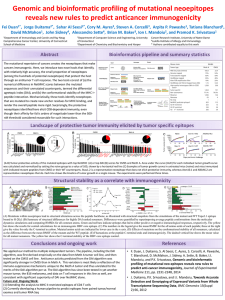A Rationally Designed Peptide " Super
advertisement
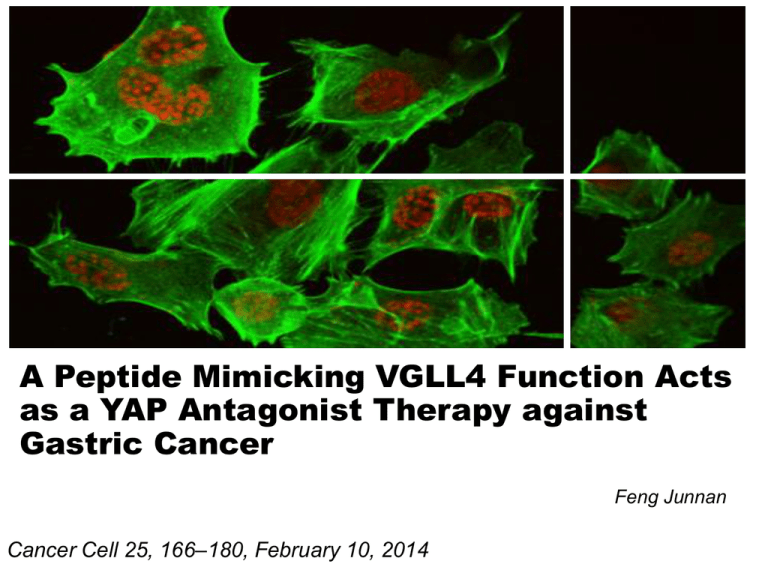
A Peptide Mimicking VGLL4 Function Acts as a YAP Antagonist Therapy against Gastric Cancer Feng Junnan Cancer Cell 25, 166–180, February 10, 2014 Introduction Experimental design VGLL4 is a potential tumor suppressor Function Study How does VGLL4 function? Mechanism Study Key residues for VGLL4-TEAD4 complex formation? A Rationally Designed Peptide “Super-TDU” 2015/4/7 Structural Study Clinical Study Result 1: 2015/4/7 VGLL4 Is a Potential Tumor Suppressor in Human Gastric Cancer Result 2: 2015/4/7 VGLL4 Suppresses GC Growth in Vitro by Targeting YAP-TEADs Result 3: 2015/4/7 VGLL4 Functions through Competing with YAP for TEAD4 Binding Result 4: 2015/4/7 TDU Domains Alone Are Sufficient for VGLL4 Function of Inhibiting YAP Structural Study Result 5: 2015/4/7 A Rationally Designed Peptide " Super-TDU " Potently Inhibits GC Growth 1、Inhibits GC Growth 2、Pharmacological Evaluation of the Super-TDU 3、Inhibits Tumor Growth of Human Primary GC 4、 Inhibits GC Tumor Growth in the H. pylori-Infected Mouse Model summary Super--TDU cancer cell overactive YAP Gains • Important signal pathway -- Hippo • Novel therapy against cancer -- Physical antagonist • Simple technologies , rigorous design. References • Avruch, J., Zhou, D., and Bardeesy, N. (2012). YAP oncogene overexpression supercharges colon cancer proliferation. Cell Cycle11, 1090–1096. • Azzolin, L., Zanconato, F., Bresolin, S., Forcato, M., Basso, G., Bicciato, S.,Cordenonsi, M., and Piccolo, S. (2012). Role of TAZ as mediator of Wnt signaling. Cell151, 1443– 1456. • Barry, E.R., Morikawa, T., Butler, B.L., Shrestha, K., de la Rosa, R., Yan, K.S.,Fuchs, .S., Magness, S.T., Smits, R., Ogino, S., et al. (2013). Restriction of intestinal stem cell expansion and the regenerative response by YAP. Nature 493, 106–110. • Cai, J., Zhang, N., Zheng, Y., de Wilde, R.F., Maitra, A., and Pan, D. (2010). The Hippo ignaling pathway restricts the oncogenic potential of an intestinal regeneration program. Genes Dev.24, 2383–2388. • Chan, S.W., Lim, C.J., Chen, L., Chong, Y.F., Huang, C., Song, H., and Hong,W. (2011). The Hippo pathway in biological control and cancer development.J. Cell. Physiol.226, 928–939.

